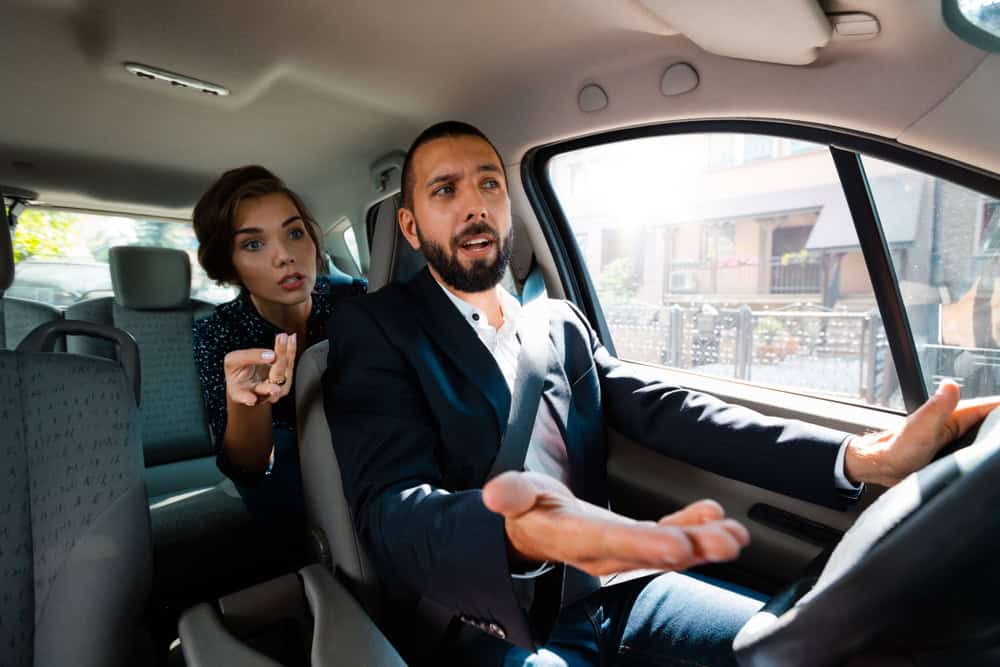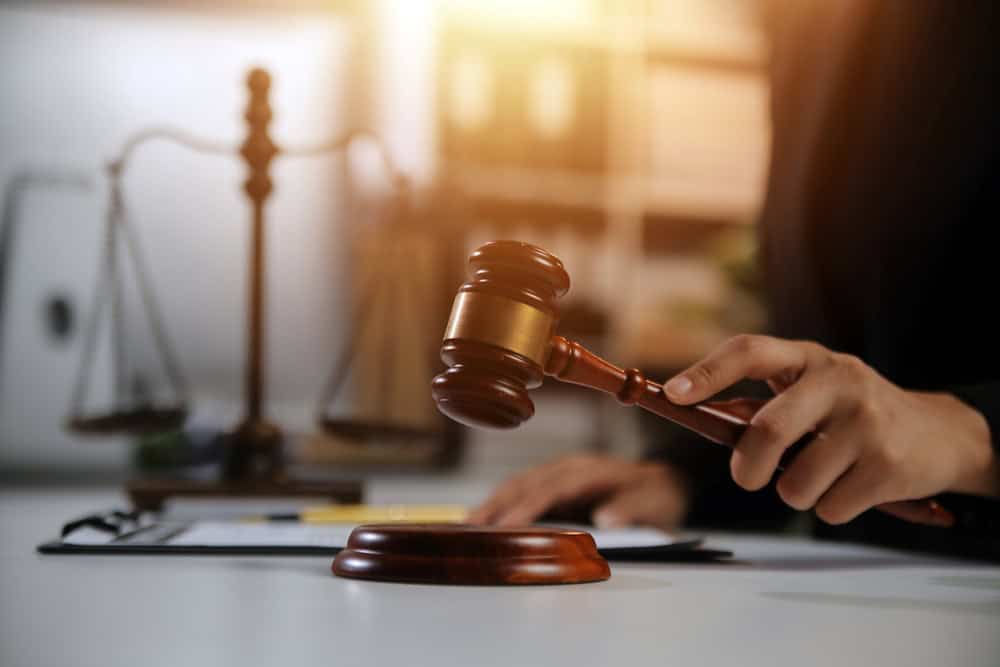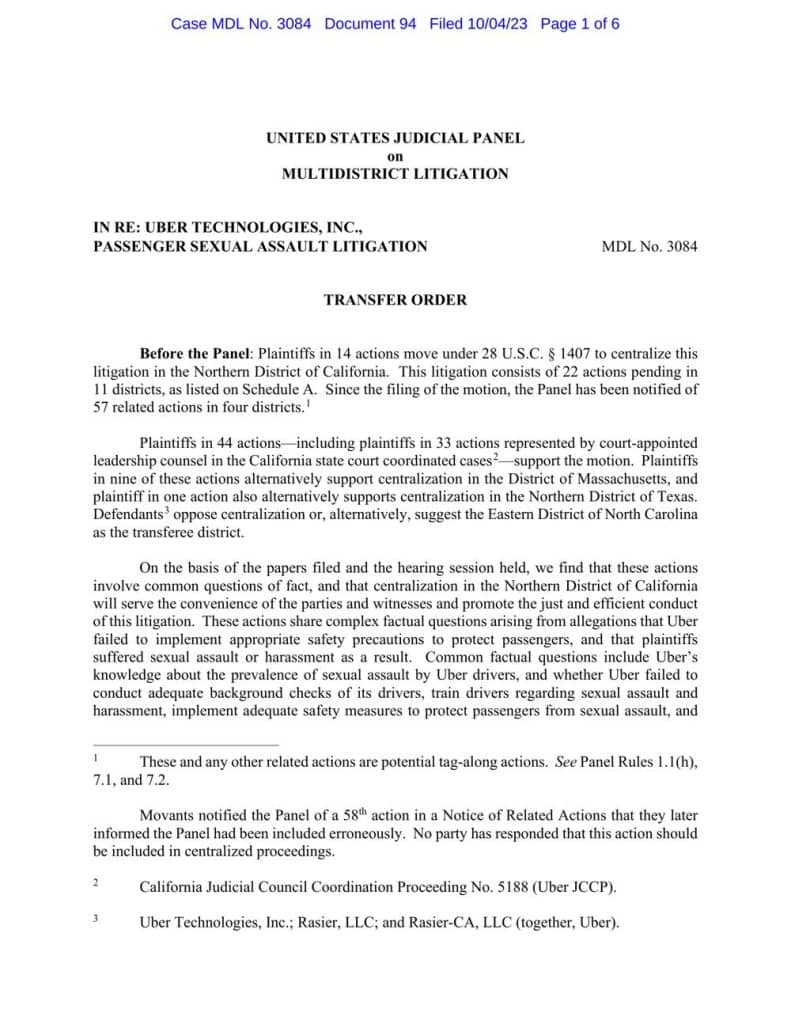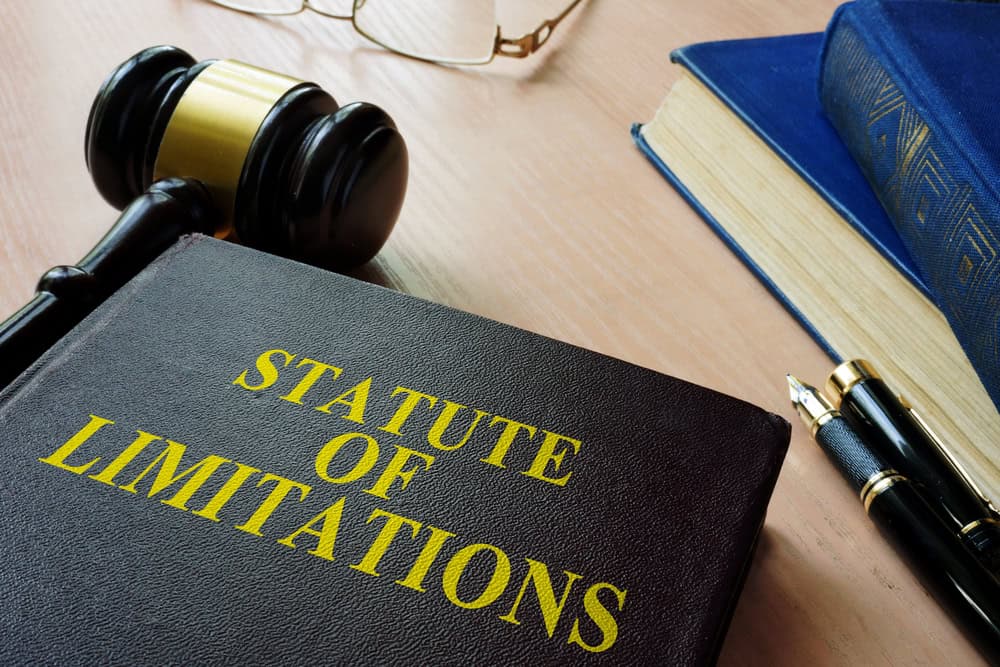A Yolo County, CA jury convicted an Uber driver of sexually assaulting a UC Davis student after a late night ride home, as national attention remains focused on Uber following the first federal jury verdict awarding $8.5 million to a survivor in a landmark civil trial. [SOURCE: ABC10]






